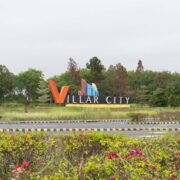Digital twin technology: Why the Philippines should embrace it too

(First of two parts)
Digital twin technology has emerged as one of the most transformative tools in shaping the future of sustainable cities.
As climate change accelerates, urban populations grow, and resources become increasingly constrained, governments and industries around the world are seeking ways to design, operate and maintain built environments more intelligently.
Smart city innovation
Singapore, widely recognized as a global leader in smart-city innovation, is at the forefront of adopting digital twin systems to advance national goals under the Singapore Green Plan 2030.
But this technology is not only for highly developed nations. The Philippines, with its unique urban challenges and climate vulnerabilities, has just as much to gain from embracing digital twin systems as part of its long-term national development strategy.
To understand the value of digital twin technology, it is essential to recognize how it works.
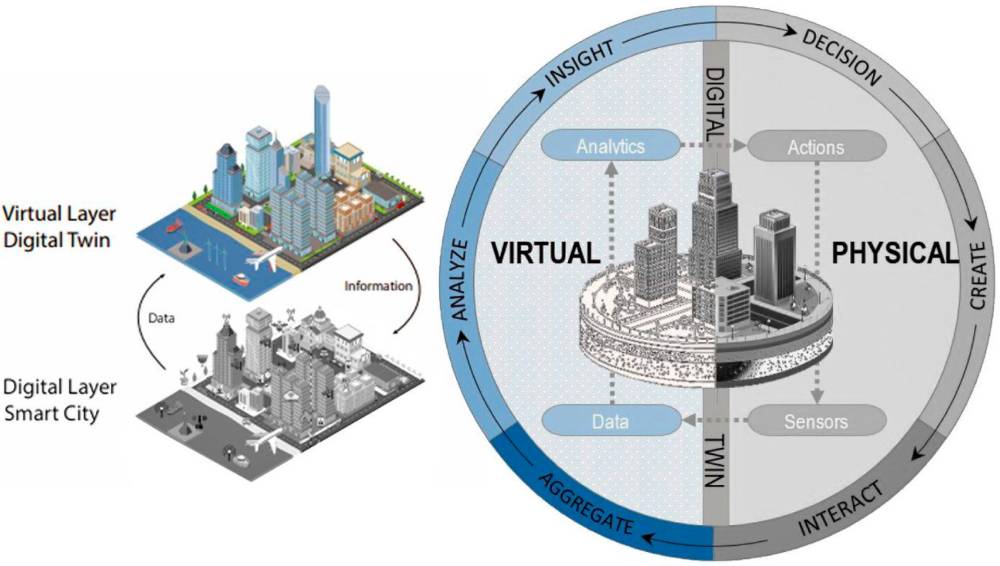
A virtual replica
A digital twin is a dynamic, virtual replica of a physical object, building, system, or even an entire city. It continuously updates in real time using data from sensors, Internet of Things devices, satellites, building management systems and environmental analytics.
Unlike traditional 3D models or static simulations, a digital twin evolves as the physical environment evolves. It mirrors what is happening now, predicts what might happen next, and recommends how systems can be optimized for improved performance.
Because of its ability to integrate massive datasets, run predictive simulations, and support evidence-based decision making, the digital twin has become a cornerstone technology in architecture, engineering, urban planning, infrastructure management and sustainability.
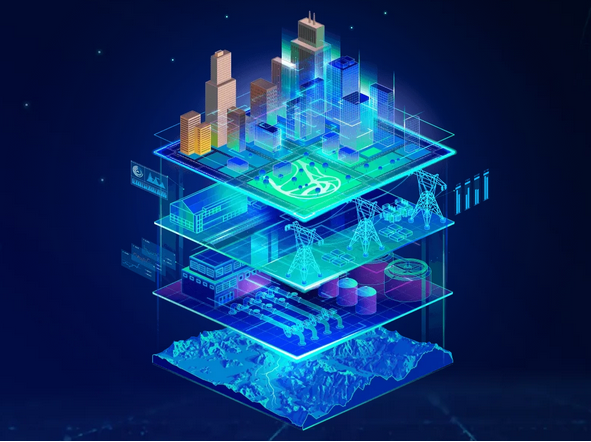
Green and resilient
In Singapore, digital twin technology plays a critical role in shaping a greener and more resilient city.
Digital twins allow planners and designers to simulate wind flow, thermal comfort, sun exposure, shadow patterns, pedestrian movement and microclimatic behavior before any construction begins.
This data-driven approach ensures that new developments support urban ventilation, reduce heat islands, preserve greenery, enhance walkability and minimize ecological disruption.
Singapore’s commitment to sustainable development thus means that every new building and district must contribute positively to the environment and the community. Digital twin technology enables that level of detailed evaluation long before the first pile is driven into the ground.
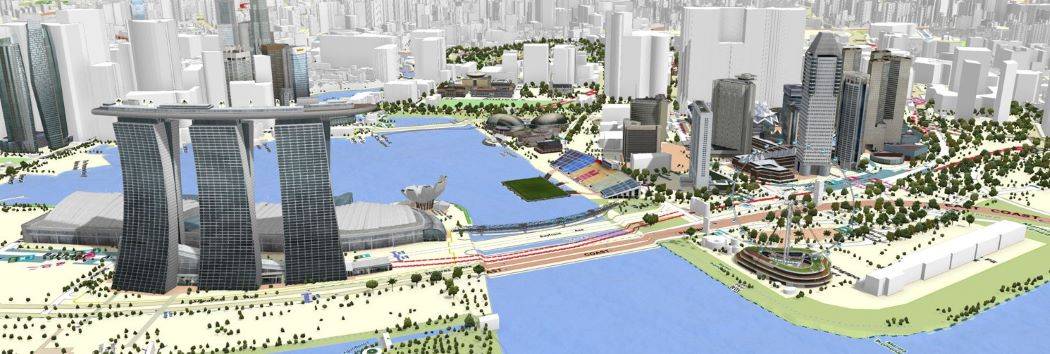
Sustainability and efficiency
Digital twins also enhance building sustainability and energy efficiency.
Singapore’s built environment contributes significantly to its overall carbon footprint, so improving building performance is a national priority. Through real-time monitoring of energy consumption, HVAC performance, air quality, water usage and equipment behavior, digital twins help buildings operate far more efficiently.
AI-powered systems can identify inefficiencies, recommend energy-saving strategies, predict when equipment is likely to fail, and automate building operations for optimal sustainability.
Predictive maintenance further reduces material waste, lowers operational costs and extends the lifespan of building systems, all while improving the comfort and safety of occupants.
Data collected through digital twins also supports compliance with BCA Green Mark 2021, Leadership in Energy and Environmental Design, WELL and other global sustainability certification standards.
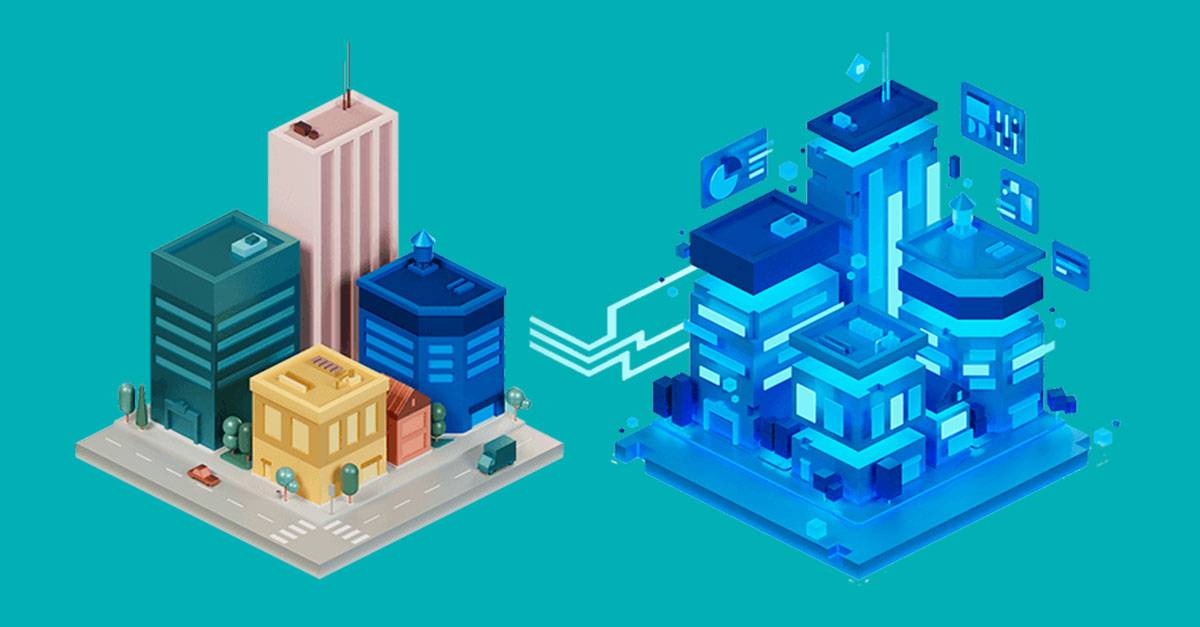
Managing resources
At a national level, digital twin technology enables Singapore to manage its critical resources more effectively. With limited land and natural resources, the island relies on advanced water systems, efficient energy grids and optimized waste management.
Digital twins help forecast energy demand, integrate renewable sources and stabilize power grids.
For water management, the technology assists with leak detection, pump optimization, water quality monitoring, and flood prediction. It allows agencies to simulate extreme rainfall events, model drainage infrastructure and prepare for climate-driven flooding.
Waste management strategies also benefit from data analytics that track waste volume, optimize collection routes and improve recycling efficiency. These technological capabilities support Singapore’s Zero Waste Masterplan and long-term objectives for a circular economy.
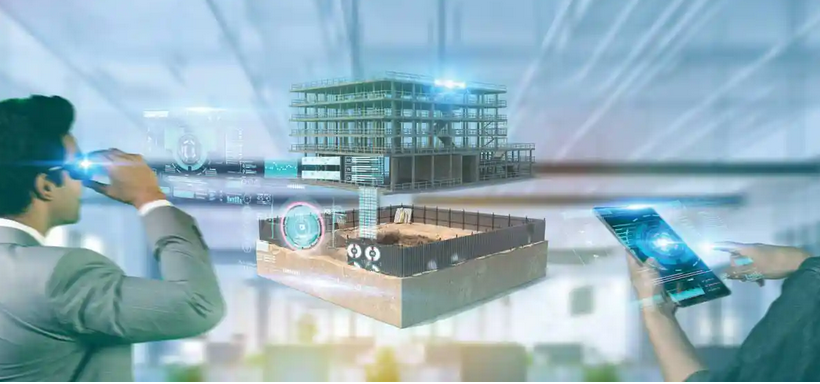
Climate resilience
Climate resilience is another area where digital twin systems are proving indispensable.
Singapore faces increasing heat, sea level rise and extreme rainfall events. Digital twins help simulate future climate scenarios, evaluate coastal protection strategies and model the environmental impact of new developments.
By understanding how rising temperatures will affect specific districts or how rainfall patterns will influence flood risks, policymakers can design and implement climate adaptation strategies that are proactive rather than reactive.
This strengthens the safety and well-being of Singapore’s residents and ensures that the country can continue to thrive despite global climate uncertainties. (To be continued)

The author is an Associate at HBA Architecture Singapore specializing in computational design, integrating advanced digital methods to deliver smart and innovative architectural solutions













